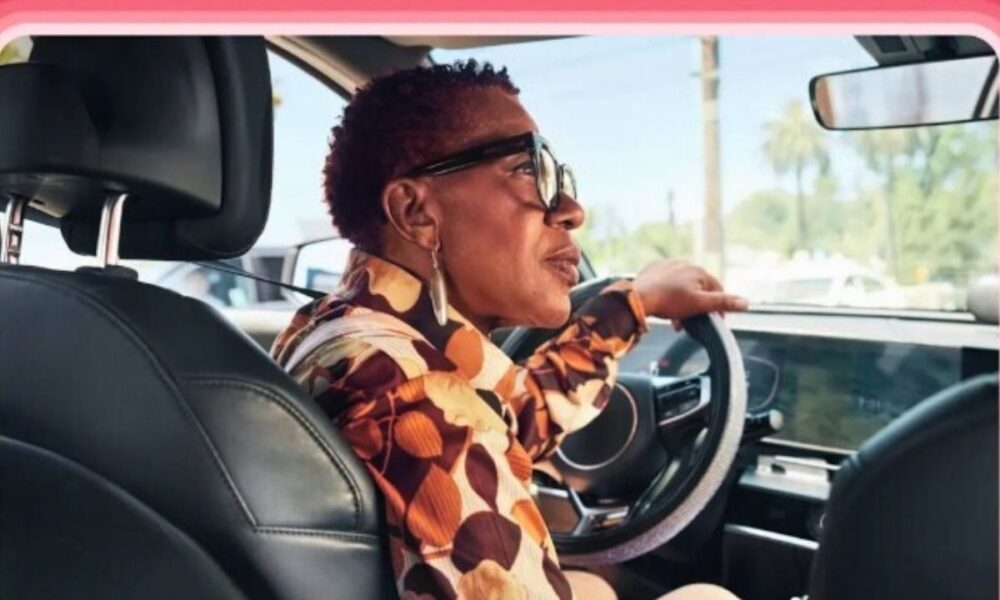Uber and Lyft have begun testing new features that allow riders and drivers to request gender-matched rides. This initiative is in response to ongoing safety concerns and the demand for greater comfort in the transportation sector of the gig economy.
Lyft’s Women+ Connect and Uber’s Women Preferences give female and nonbinary users the option to prioritize matching with drivers or riders of the same gender identity, though such matches are not guaranteed.
The move comes as requests for enhanced safety and inclusivity have surged following reports of harassment and assaults involving rideshare drivers.
Lyft currently offers this option in all U.S. cities where the company provides services.
Meanwhile, Uber will begin offering this option to riders and drivers in Los Angeles, San Francisco, and Detroit. According to Camiel Irving, vice president of operations for Uber, they “hope to be able to expand to more cities” in the future.
Irving wrote in a news release about the change that this policy will give “women riders and drivers more choice, more confidence, and more flexibility when they use Uber.”
“Across the U.S., women riders and drivers have told us they want the option to be matched with other women on trips. We’ve heard them—and now we’re introducing new ways to give them even more control over how they ride and drive.”
While features like Women+ Connect and Women Preferences mark new steps in rideshare safety initiatives, advocates emphasize that they are just one part of a broader need for policy reforms.
This includes enhanced background checks, driver training, transparent reporting systems, and more severe consequences for misconduct.
Although some may point to potential discrimination against men in this industry, the calls for enhanced safety have continued to grow due to reported issues with male drivers and riders.
One example that highlights potential dangers within this industry came in April, when a Dallas woman claimed her rideshare driver groped her after being dropped off at her home.
In a video of the incident, the woman, identified as Dallas resident Lorin Christianson, can be seen intoxicated and attempting to go inside her house while the rideshare driver is behind her on the porch.
Luckily, one of the woman’s neighbors noticed that the incident was taking place and was able to help her get inside her house safely.
A lawsuit has since been filed against Lyft.
While there is no indication whether this specific incident contributed to the new options on Lyft and Uber, it is likely one of many incidents that have occurred throughout the industry and prompted these changes.


